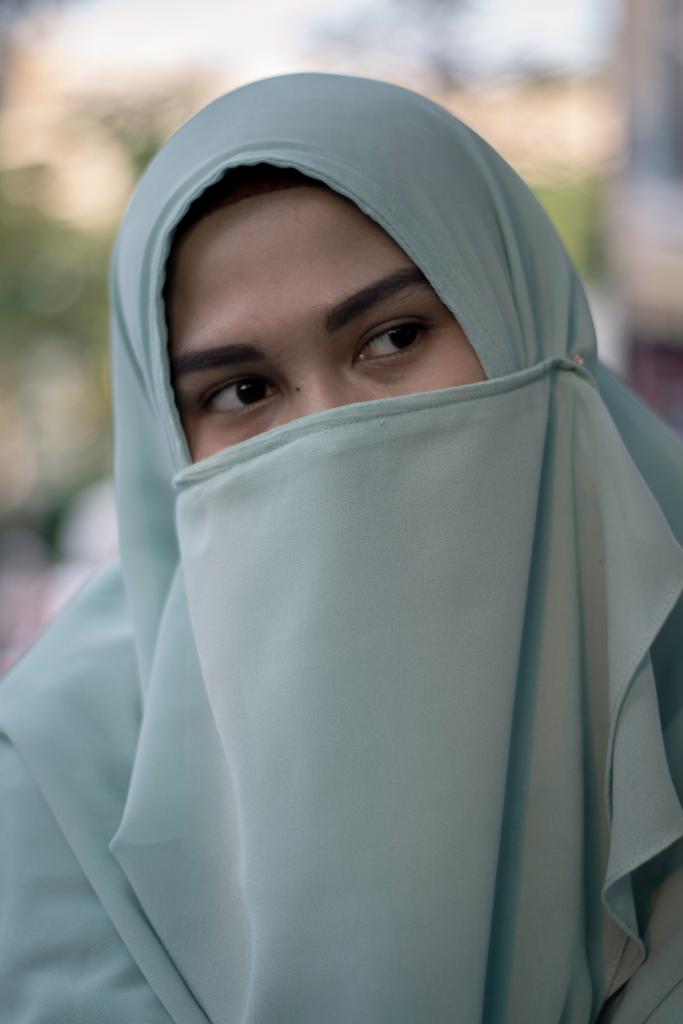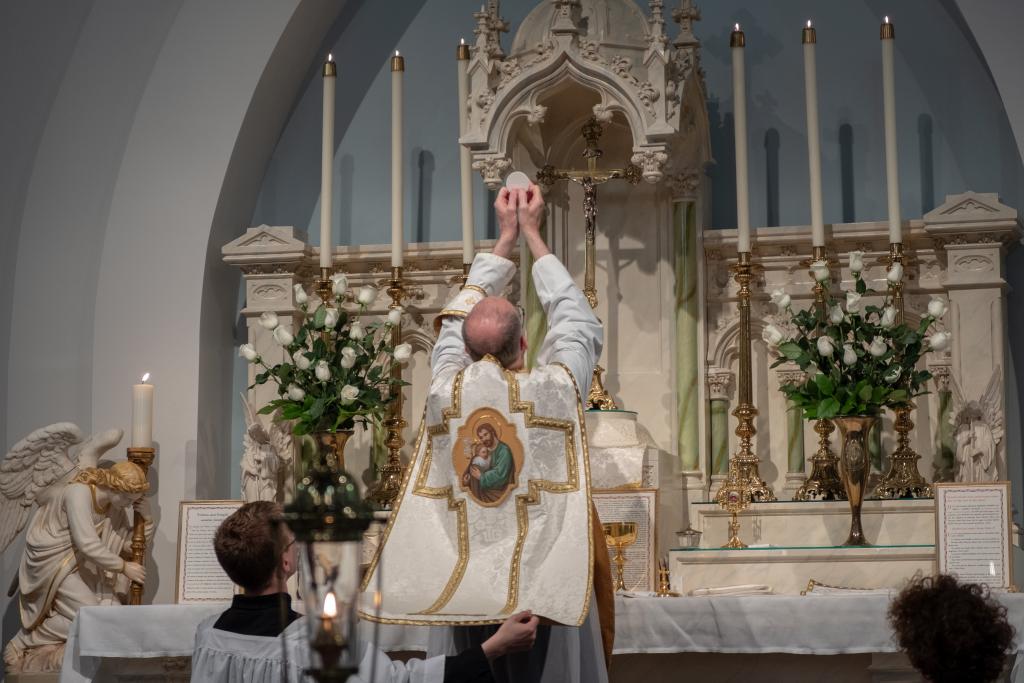On Wednesday’s episode of The Daily, A Legal Winning Streak for Religion, The New York Times took aim at what they describe as religious privilege. Religious privilege is when religious people are afforded certain legal exceptions that others are not. On it’s face, this seems like a terrible idea and a grave injustice. But bear with me a moment. Because a certain degree of religious privilege is the only way to guarantee meaningful religious freedoms, especially for religious minorities. And it benefits all of us to protect these freedoms.
Smith v. Employment Division
On the Daily, the Times bemoaned the fact that the Supreme Court has been weakening and may overturn Smith v. Employment Division. They describe Smith as a clear legal precedent that establishes religious people should not get special treatment under the law. This description honestly shocked me. Smith is one of the most hated legal precedents across the political spectrum. In the Smith decision, the conservative Supreme Court ruled that it was legal to fire and deny unemployment benefits to a Native American man who took peyote for religious reasons. Far from guaranteeing equality, the Smith decision cemented further marginalization of an oppressed minority. Not a progressive victory from any angle.
According to the majority opinion, written by Antonin Scalia, Oregon’s law forbidding peyote was not specifically targeted at religious groups. It therefore didn’t violate Mr. Smith’s religious rights. Now, I’m obviously no legal scholar, but it seems pretty obvious that if a law makes it functionally illegal to perform your religious ceremonies, then that law also impedes your religious freedom. While the law may have applied equally to everyone in theory, the harm to Native Americans was significantly greater than the harm to average citizens. Al Smith should have been granted a religious privilege to use peyote. Fortunately, the State of Oregon eventually agreed. Oregon and several other states have passed laws protecting this right for Native Americans. On a national level, however, the precedent still holds.
Religious Privilege is Freedom to Practice

The problem with the current court isn’t so much that they are strengthening religious privilege, but that they are doing so unevenly. The litany of recent religious freedom cases in the Supreme Court have focused on Christian groups. When conservatives talk about religious freedom, they usually mean Christianity. But religious minorities need these protections the most. Only by overturning Smith entirely can the court return proper religious privileges to all religious groups, including and especially religious minorities. Because here in the United States – at least theoretically – we do not merely have freedom to hold religious beliefs. We have the freedom to practice our religion. This is a very important distinction and it separates us from countries such as France, which purport to have religious freedom, but reality only guarantee religious thought.
The French law against the hijab is technically a law against all face coverings, scarves, and “conspicuous religious symbols” in public schools. Although the law applies to all citizens, it negatively impacts Muslims specifically. France, unlike the United States, affords its citizens a degree of freedom from religion. The government shields citizens from encountering religious practices they don’t like. This is a construction that I fear some secular Americans are hoping to emulate. Such a trend will eventually result not in equality but in the oppression of a religious minority in favor of a uniform secular culture. Freedom of religion isn’t just being allowed to do something in the secrecy of your own home. It’s the right to live out your faith, in public, and with reasonable accommodations for your practice. This is what separates the United States’ concept of religious freedom.
Are There Limits to Religious Privilege?
Religion cannot be an excuse for any and all behavior. In rare but extreme cases, the government can and should curb religious practices in the interest of public safety. For example, religious practices that promote child marriage should certainly be restricted in the United States. A religious group that is threatening or enacting violence cannot use their faith as a justification. Early restrictions to religious gatherings due to COVID were also justified.
The most difficult cases for me personally involve religious persons discriminating against LGBTQ people. I wish my own Church would reevaluate their stance on the issue. But I don’t want the government to compel them to do so. Preserving religious freedom also means preserving unpopular religious practices. Again, it is religious minorities who will suffer the most if the United States government can pick and choose which religious beliefs are acceptable.
Despite what some may think, religious privilege does not mean religious people have more rights than others. Every American citizen should have the right to not only hold religious beliefs but practice them openly without fear of punishment. Whether this means covering your face, taking peyote, or drinking wine in second grade, a certain degree of religious privilege is essential to true religious freedom.












